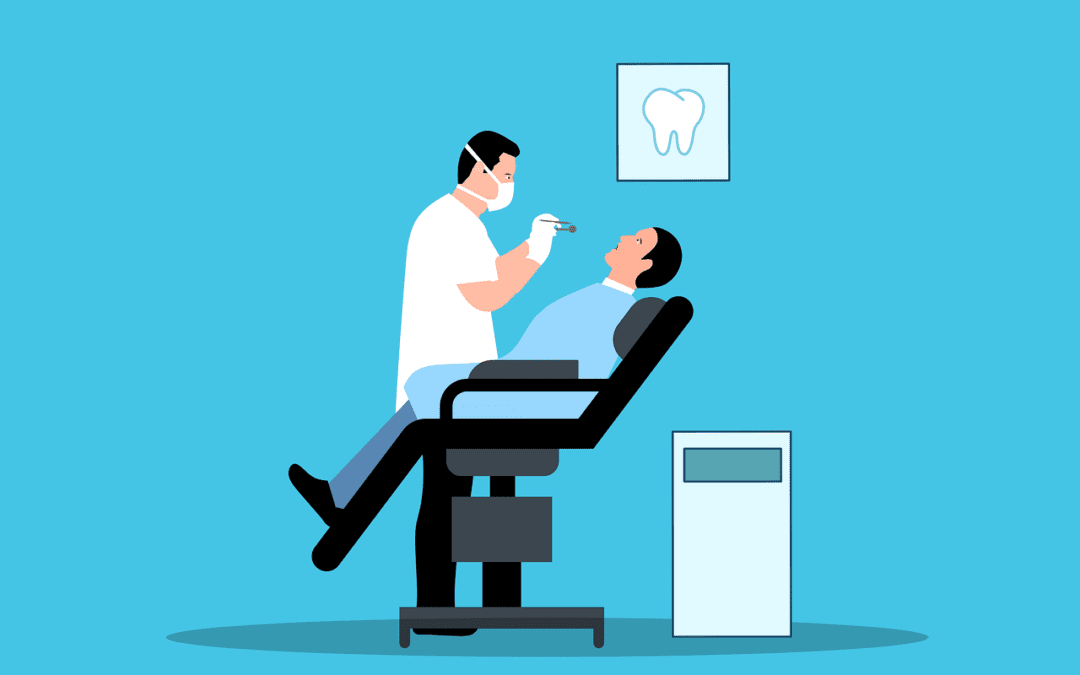In the past decade, various dental interventions and related treatments have become one of the most popular forms of private healthcare in Hungary. According to the law of averages, the number of malpractice cases in this sector has also been on the rise in recent years. What can be done if the patient is not satisfied with the result of the dental treatment or if malpractice has occurred? What are the legal consequences if the service provided is of poor quality or, ad absurdum — as we have seen examples of this — if the result is worse than the initial situation? Can such claims elapse?
In such situations, the injured patient may file a claim in more than one way; nevertheless, their merits need to be examined and substantiated from several angles. On the one hand, the validity and successful enforcement of the claim as a legal category need to be considered, while on the other hand, given the various medical issues involved in this specific field, a dentist or a maxillo-facial-oral expert may be called upon in some cases.
Medical malpractice can establish both a claim for damages and claim for restitution by the injured party. However, it is important to note that both may be justified only in certain cases. In addition to the actual material damage (e.g. loss of wages), the previous, full enjoyment of life can very often be impaired by a long-lasting, mismanaged, or poorly prepared treatment plan. Thus, it can be concluded that there may be two possible types of claims: one for damage and one for restitution.
What redress options are available to the injured patient? In this respect, out-of-court solutions, i.e. those not involving a court proceeding, should be considered in the first instance, as this is the least time-consuming and most cost-effective option in cases where there is clear evidence of dental malpractice. Out-of-court enforcement usually starts with a payment notice issued by an attorney, which often leads to the solution, where the private practitioner is partner in the swift settlement of the claim, as it is in his interest to settle the alleged claim against the dental care institute as quick as possible. Consequently, this claim type with attorney involvement has one of the highest out-of-court settlement rate. If this is not successful, the claim can still be enforced through a so-called order for payment procedure, still without litigation, provided that the conditions laid down by law (e.g. a limit on the amount) are met. It is important to note that opposition from the defendant, i.e. the entity that performed the dental treatment, turns this procedure into a lawsuit.
It is also possible to go straight to court by bringing an action and filing a lawsuit after unsuccessful payment notices or even without them at all. Experience has shown that in court proceedings, it is necessary to obtain an official expert opinion sooner or later. Upon litigation, it is worth considering whether the plaintiff may be entitled to a subject-specific right for the suspension of payment of costs. This means that, if the conditions are met, the party seeking to enforce the claim is exempt from paying court fees in advance. As regards the attorney’s fees, these may be partly financed by a legal protection insurance, if it is in compliance with the contractual conditions of the insurer company.
For non-Hungarian plaintiffs, the country in which damages can be claimed and lawsuit can be commenced is not an insignificant matter. As a general rule, the plaintiff who wishes to pursue his claim is bound to the forum of the defendant: this means that the action will be brought in the district/circuit court or tribunal of the defendant’s domicile in Hungary. In exceptional cases, it may be also possible to sue at the place where the plaintiff is domiciled: recently, an Austrian natural person was able to successfully sue a Hungarian dental care practice in Austria, since the practice had placed advertising material and various advertisements in the province of his domicile.
In highly atypical cases, but as a theoretical possibility, criminal procedure may also be initiated, which may arise in connection with the criminal offence of professional misconduct. According to this provision, anyone who, by breaking an occupational rule, negligently endangers the life, physical integrity or health of another person or others, or causes bodily harm, is liable and punishable by imprisonment for up to one year. However, it should be stressed that in the field of dental malpractice, it is much more common to take legal action under civil law.
From the above, it can be concluded that in the field of dental malpractice, several enforcement options are open to the injured party, such as claim for damages and for restitution within the limitation period. Our law firm is at your disposal, please contact our attorney dr. Ács Balázs Attila LL.M. under balazs.acs@nzp.de

